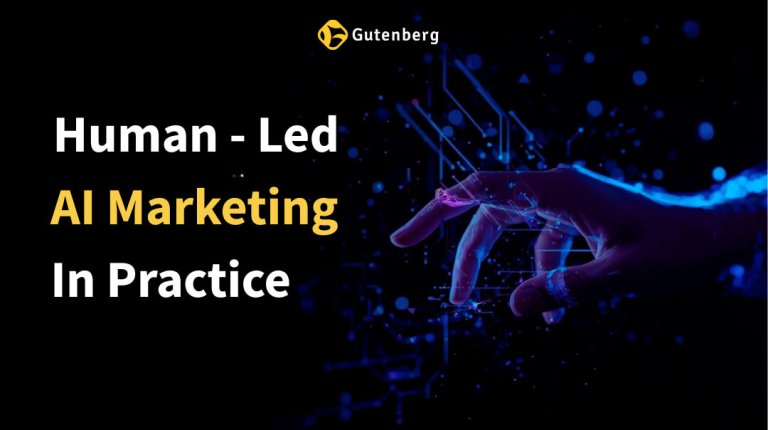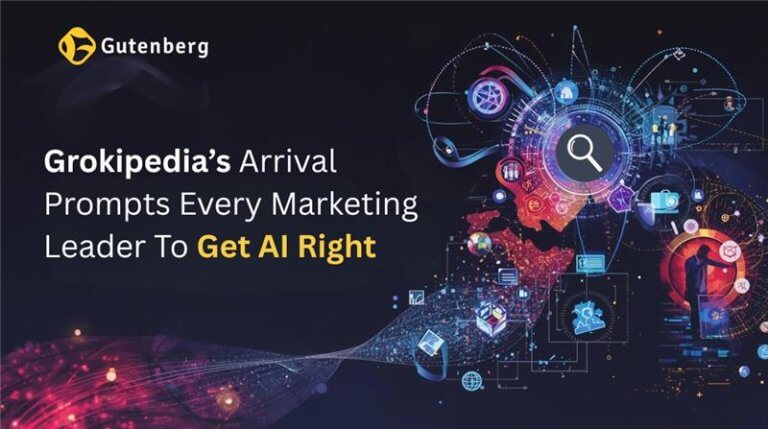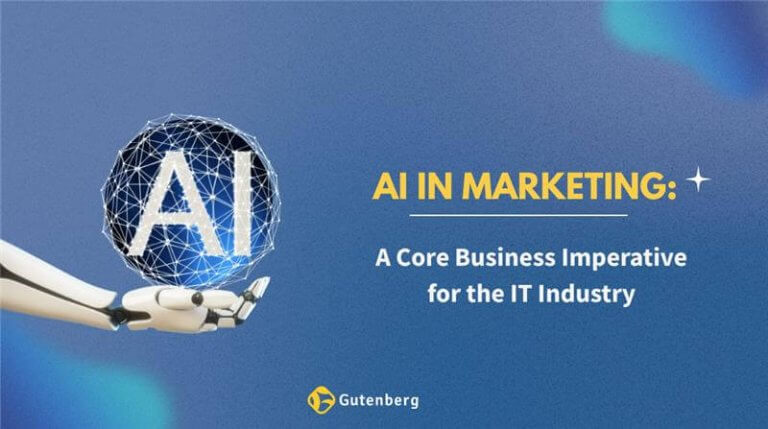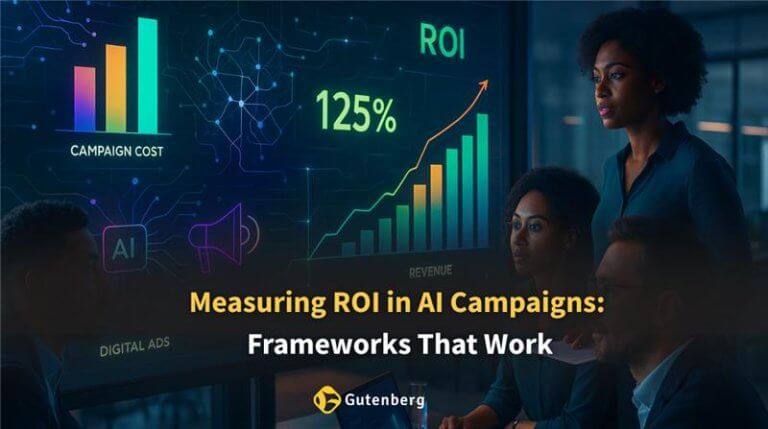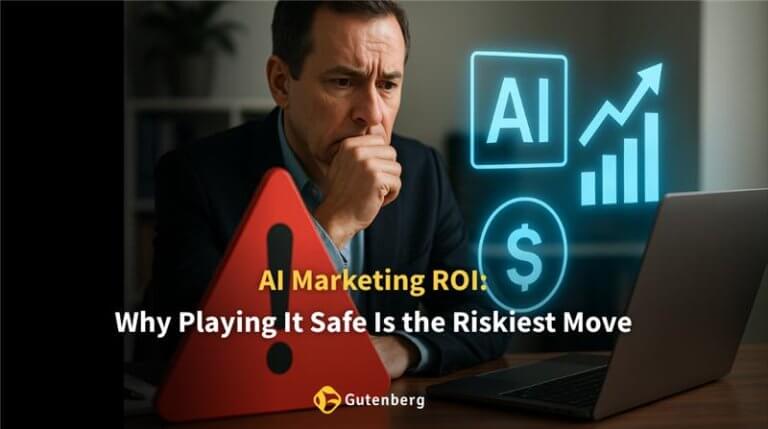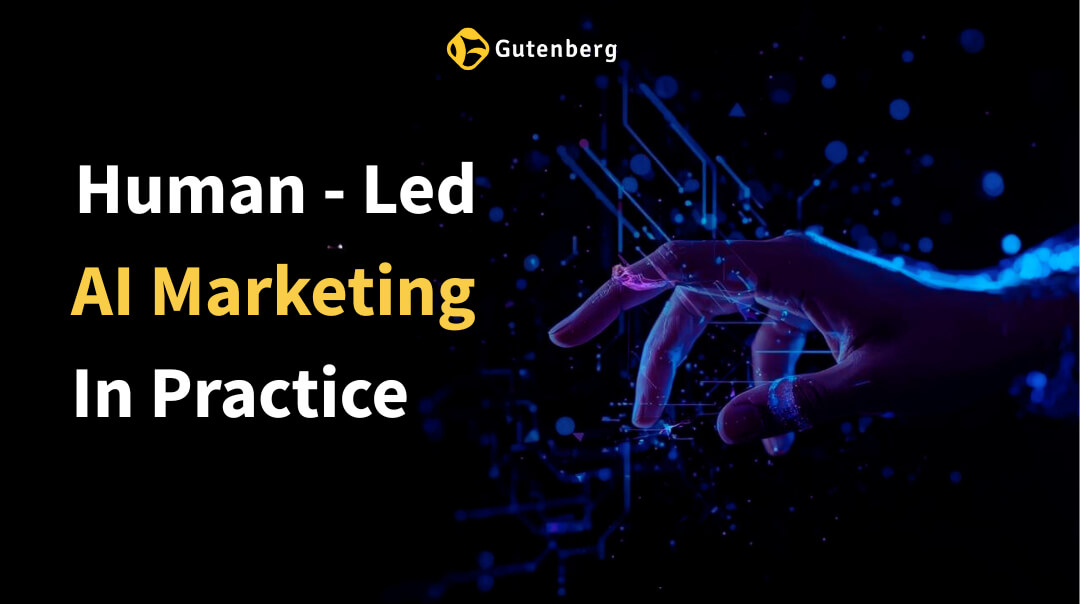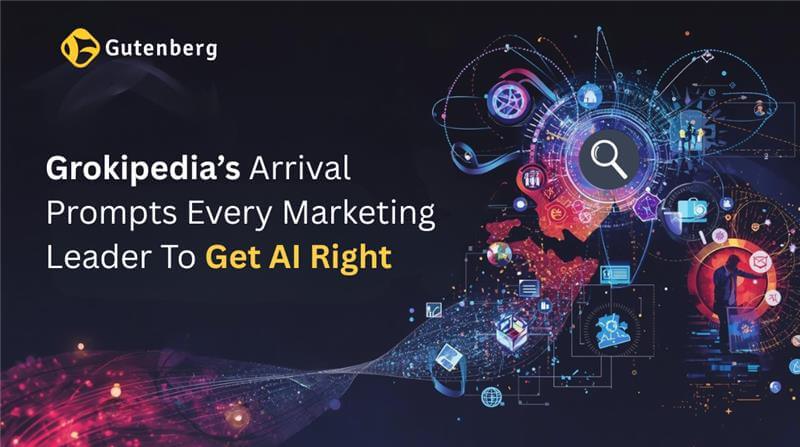In a world where audio is increasingly gaining popularity over other mediums of communication, how your brand sounds will be how consumers perceive it. A recent study by Visa found that 81 percent of consumers had a more “positive perception” of brands that used sound or animation cues. Sonic branding refers to the use of sound to reinforce a brand’s identity. Brands use signature tunes, jingles, and music to establish a “sound tag,” which helps consumers build an association with the brand. Here are three ways in which sound will have an impact on your brand:
1- Sound Incites Emotions and Affects Mood
Studies find that playing calm, ambient music in physical stores reduces stress and increases retail sales by up to 10 percent. Mood can be affected by volume, tempo, and mode. Fast music increases the pace of movement and can help speed up the checkout process when stores are experiencing high density. Slow music encourages browsing and results in a larger volume of purchases. A study also found that sound can have an impact on a consumer’s willingness to pay, where ‘6’ notes performed better than ‘3’ or ‘9’ as a result of consumers processing fluency. With each note’s ability to incite powerful changes in emotion, engineering your sonic identity, especially in physical retail spaces becomes essential.
2- A Unique Sound Makes for a Memorable Brand Identity
A large part of establishing brand identity— sonic or otherwise— is specificity. Consumers remember the unique colors, fonts, and even sounds associated with a brand. The more specific those details are, the more consumers are likely to associate them solely with a particular brand. For example, McDonald’s logo and tagline “I’m lovin’ it” are specifically memorable because of its sound tag and the yellow ‘M’ written in a very specific script. Brands with original sound scores help create a unique signature for themselves and far outrank song parodies or popular songs when it comes to memorability. In fact, 79 percent of consumers identify brands through sound.
A Strong Sonic Identity Can Build Brand Loyalty
A sonic identity that is aligned with your brand values can positively affect the way consumers feel about your brand and inspire brand loyalty. But establishing a strong sonic identity requires a system of sounds based on an audio DNA that expresses your brand’s values, builds a brand personality, and becomes an identifier across all your touchpoints. Your sonic identity must have consistency—from customer service to advertising, to physical stores, website videos, and social media to build loyalty. Intel is a prime example of this consistency. It’s impossible to think of the brand without the sonic memory of its unique sound tag. The company has embedded its sound into music, sports, gaming, and entertainment—from the Super Bowl to the Grammy’s. Its unique sound hasn’t changed over the years, but by showcasing it at pop culture events, the company has managed to gain popularity amongst millennial consumers.
As the world moves toward digital forms of identification across industries, brands must focus on audio branding to stay relevant. Up to 74 percent of millennials are reported to believe that music allows them to develop a better sense of a brand’s personality. A strong sonic identity will lend your brand authenticity, loyalty, and the power to be remembered by consumers. With the right notes, there’s no way your brand won’t find its own rhythm of success.
References:
- audiodraft.com/audio-branding/
- sixiemeson.com/en/news/intel-audio-branding/
- cmo.com/opinion/articles/2019/2/7/5-predictions-for-the-future-of-audio-in-2019.html#gs.yaj0rt
- brandingstrategyinsider.com/2019/02/5-benefits-of-audio-branding.html#.XWOMs-gzbIX
A recent study by Visa found that 81 percent of consumers had a more “positive perception” of brands that used sound or animation cues.


